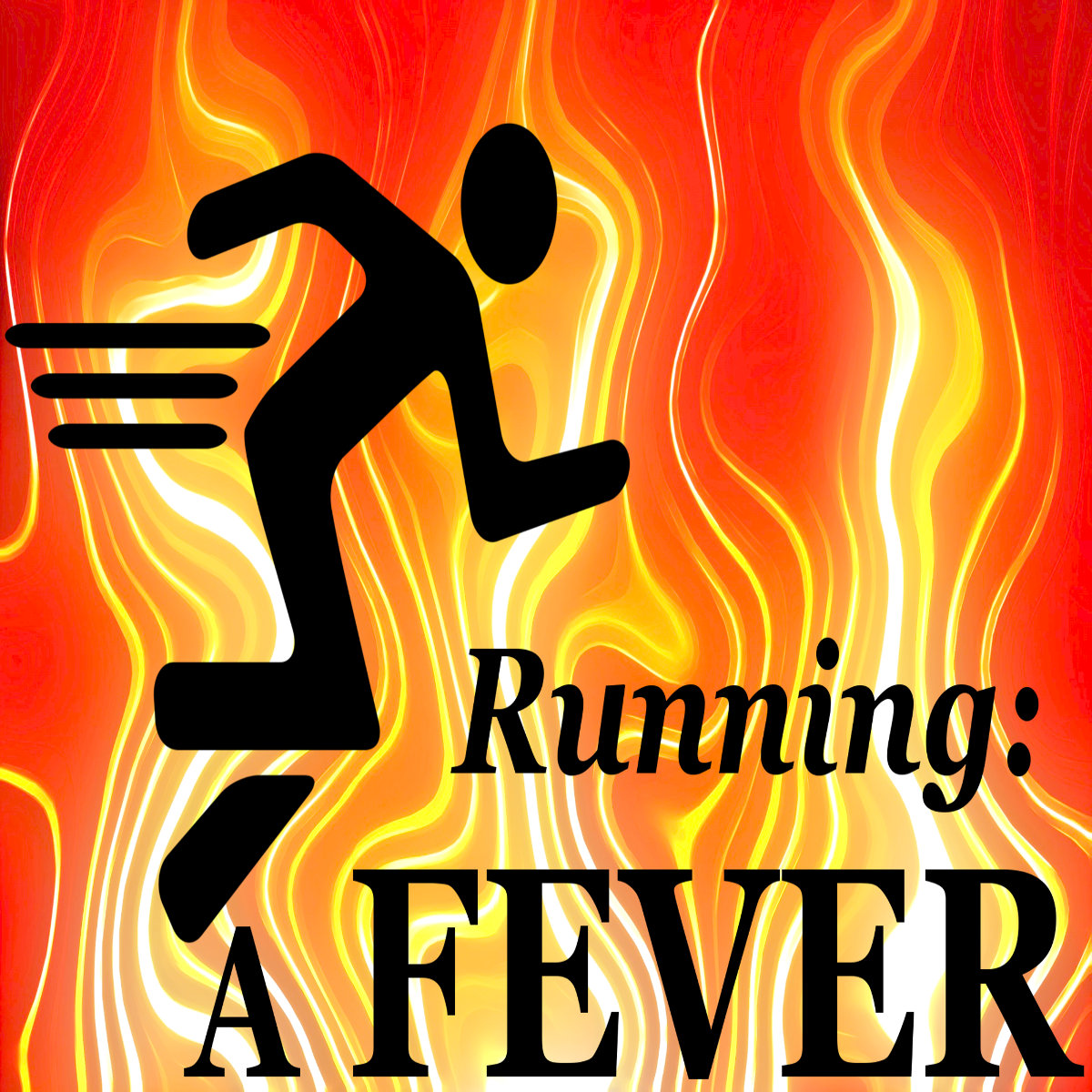Welcome to Running: A FEVER. I’m Michael Davis. This is a podcast about fitness, diet, and medicine. My goal is to live a long, healthy, happy, active life right up to the very end. And I want to do that by loving my life enough to make it last as long as possible.
I am very excited about the series we are starting today. In every episode, I state my goal: to live a long, healthy, happy, active life right up to the end. I want to focus more on these simple topics this year, and we’re starting with the “long” part. Living a long life has been a common desire as long as humans have inhabited Earth. Though its origins are much earlier, since the 16th century and the travels of Juan Ponce de Leon, the legend of the Fountain of Youth has been a symbol of this longing for immortality. And though no one we know of has found the legendary waters, modern medicine is still looking for its metaphorical equivalent. Many questions need to be asked when considering this topic, such as:
– How do we define life?
– Why do I want a longer life?
– What is the price I will pay, financially, physically, or physically?
– What are the moral effects?
– What is the procedure? Will it hurt?
– What would I do with all the extra time I would have?
One of the questions I’m thinking about personally is whether any of my current ailments could be cured or corrected. Is long life only possible for those who are perfectly healthy? Many of these fall into the category of the old saying, “Be careful what you ask for.” What if you had to work twenty hours a day for the rest of your life to pay for the solution? Would you want to live a long life as a disembodied head? The possibilities can get even more unpleasant than that. I’ll let your imagination take you there. But it does remind me of a book I read by Ray Kurzweil called Fantastic Voyage: Live Long Enough to Live Forever, in which he gives an explanation mainly aimed at baby boomers of ways to live just a little longer until biological technology solves all problems that keep us from living forever, for example, developing more artificial organs and limbs. I’ve already used material from another book by Dale E. Bredesen called The End of Alzheimer’s: The First Program to Prevent and Reverse Cognitive Decline. See episode 227 in the Dementia series. Bredesen claims to have a program to prevent and even reverse Alzheimer’s Disease, which is something I would worry about getting if I were going to live forever.
I’m inspired by a book called Lifespan: Why We Age — and Why We Don’t Have To, by David A. Sinclair, PhD with Matthew D. LaPlante. Sinclair is a professor of genetics at Harvard University. In his book, Sinclair attempts to answer some of the questions we just went through. His theory is that aging can be stopped if enough resources are devoted to it. He goes into the technical reasons why this is the case and makes the case for classifying aging as a disease. A warning: while you don’t have to be a PhD to understand the book, it is sometimes very technical. It is not for the faint of heart. Here are the topics we’ll cover in the series:
Reclassifying Aging as a Disease: The idea of aging as a treatable disease and its implications for medical research and funding.
The Information Theory of Aging: Let’s explore how aging is viewed as a loss of information in our epigenome and the science behind it.
Longevity Genes: In this episode, we’ll delve into the roles of sirtuins, NAD, and other longevity genes in extending lifespan.
Calorie Restriction and Fasting: we’ll discuss the benefits of calorie restriction and intermittent fasting on longevity.
Exercise and Longevity: This episode examines how different types of exercise can activate longevity genes and improve health.
Cold and Heat Exposure: We discuss the benefits of exposing the body to less-than-comfortable temperatures for longevity.
Future Medicines and Technologies: We’ll look into emerging drugs and technologies that could extend lifespan, such as NAD boosters and senolytics.
Ethical and Social Implications of Extended Lifespan: Here, we consider the societal impacts of people living significantly longer lives, including economic and political challenges.
I hope you’re looking forward to getting into these topics and answering some of the questions we’ve discussed and, hopefully, some of your own you may have come up with. Until then, if you have the fever, keep it burning, and if you don’t, catch the fever, and I will see you next time on Running: A FEVER.
References:
https://en.wikipedia.org/wiki/Fountain_of_Youth
Bredesen, Dale E. (2017). The End of Alzheimer’s: The first program to prevent and reverse cognitive decline. Avery.
Kurzweil, Ray and Grossman, Terry (2004). Fantastic Voyage: Live Long Enough to Live Forever. Rodale Books.
